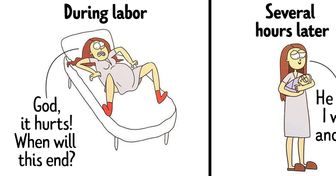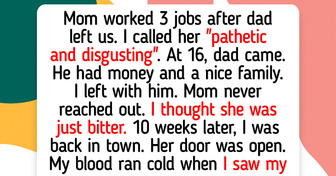Thrill of the Climb: 13 Mountains That Will Push Your Limits

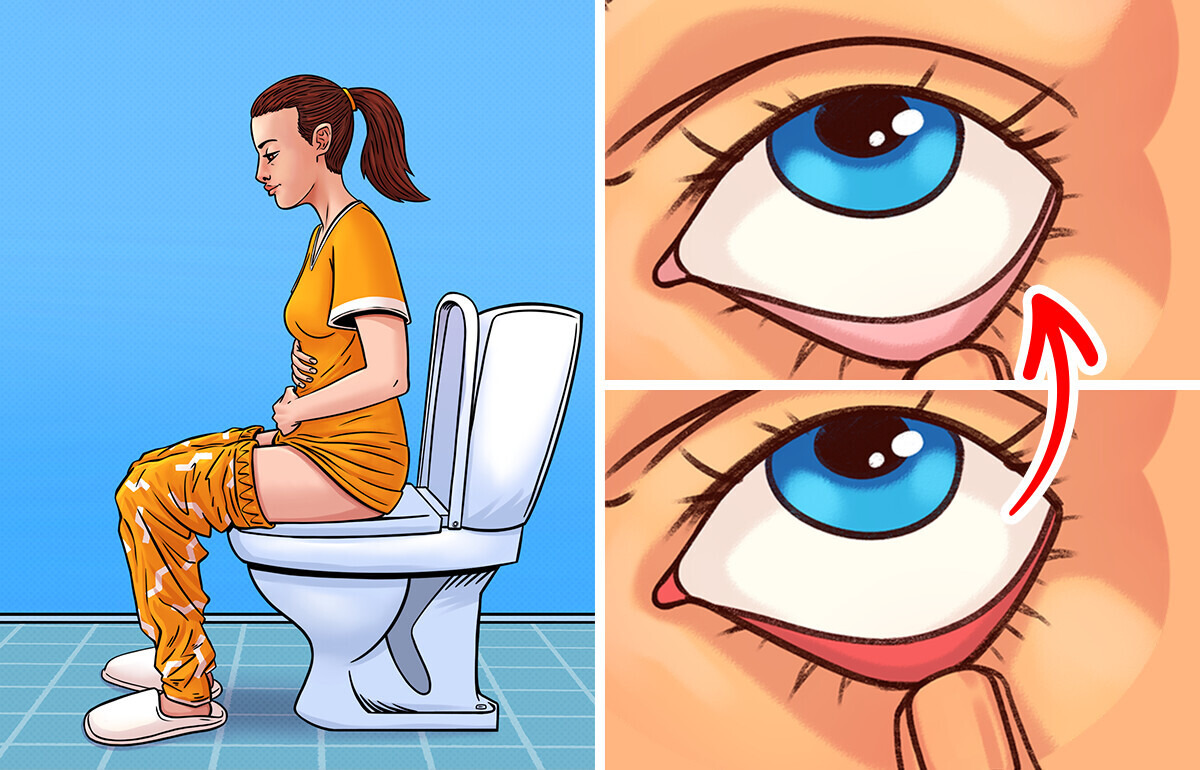
You're not alone if you're feeling drained or low on energy. Sometimes, being tired is just from things like not sleeping enough or catching a cold. But other times, it could be due to something more serious.
The good news is that often simple changes in your diet or lifestyle, fixing a nutrient imbalance, or treating an underlying health problem can help. The key is to find out what's causing your fatigue so you can tackle it. Here are 5 possible reasons why you might always feel tired.
Content is provided for informational purposes only and is not intended as a substitute for medical advice. Seek guidance from your doctor regarding your health and medical conditions.
If you're getting enough sleep but still feel tired every day, it could be because you're lacking certain nutrients.
Fatigue has been linked to deficiencies in the following nutrients:
If you're feeling exhausted, it's a good idea to talk to your healthcare provider about getting tested for these deficiencies. Usually, once your nutrient levels are back to normal, your energy levels improve too.
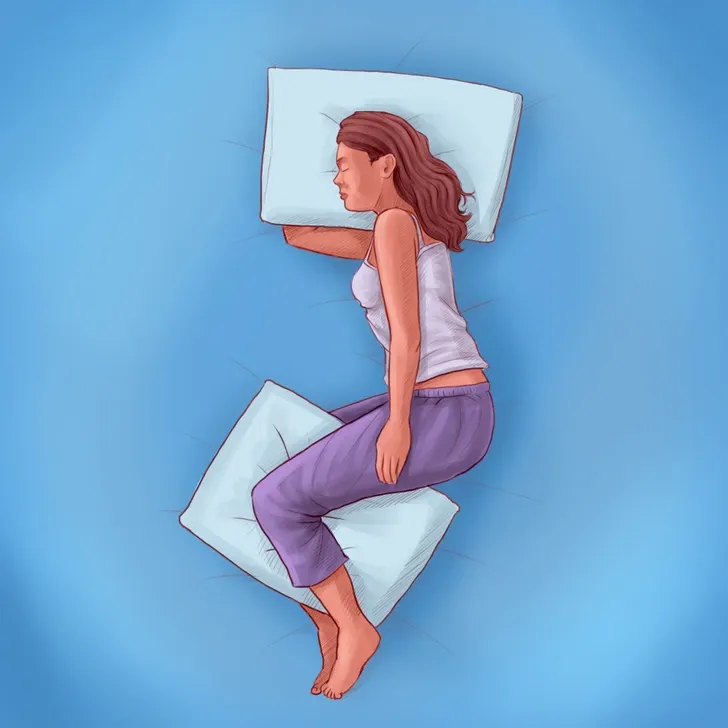
Sleep is really important for your health, but many people don’t get enough, which can leave you feeling tired. While you sleep, your body does a lot of important things, like releasing growth hormones and repairing cells. That’s why after a solid night of sleep, you usually wake up feeling refreshed and ready for the day.
Most adults need at least 7 hours of sleep each night, though this can vary from person to person.
Insomnia is when you have trouble falling or staying asleep, and it can be caused by stress, health problems, menopause, or even just a bad sleep environment. If you're struggling with sleep, there are treatments that can help, like natural supplements, medications, or addressing any underlying health issues. It’s a good idea to talk to your doctor to find the right solution.
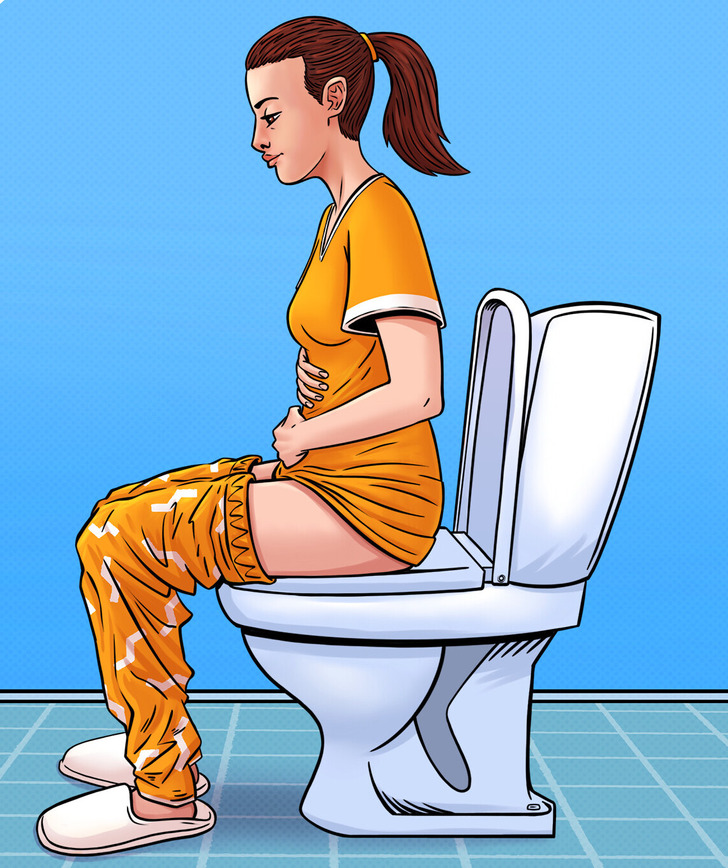
To keep your energy up and give your body what it needs to function well, it's important to eat a balanced diet filled with nutrient-rich foods. If you’re not getting enough calories or nutrients, especially protein, your body starts breaking down fat and muscle for energy. That can lead to fatigue and even muscle loss over time.
Eating a lot of ultra-processed foods can also drain your energy. Diets high in added sugar, for example, can mess with your sleep and cause blood sugar spikes, which may leave you feeling sluggish.
On the flip side, eating more whole foods—like fruits, veggies, legumes, and healthy proteins—while cutting back on added sugar and processed foods can help boost your energy, improve your sleep, and give your body the nutrition it needs to feel its best.
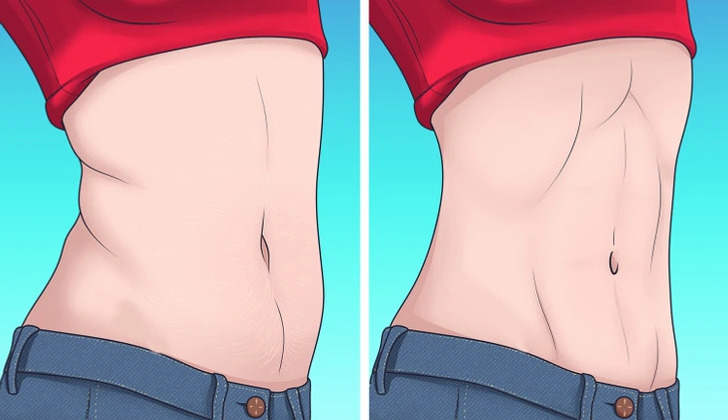
Keeping your body at a weight that’s healthy for you plays a big role in your overall well-being. Having extra weight is linked to a higher risk of long-term health issues like type 2 diabetes, heart disease, and some cancers. It can also lead to feeling tired all the time.
One reason for that is sleep. People living in larger bodies have a higher chance of developing sleep apnea—a condition that disrupts your breathing during sleep and can leave you feeling exhausted during the day. But even without sleep apnea, carrying extra weight may affect your sleep quality and energy levels.
Finding a weight that’s right for your body can help you sleep better and feel more energized. And on the flip side, getting enough quality sleep can actually help with maintaining a healthy weight and cutting down on fatigue.
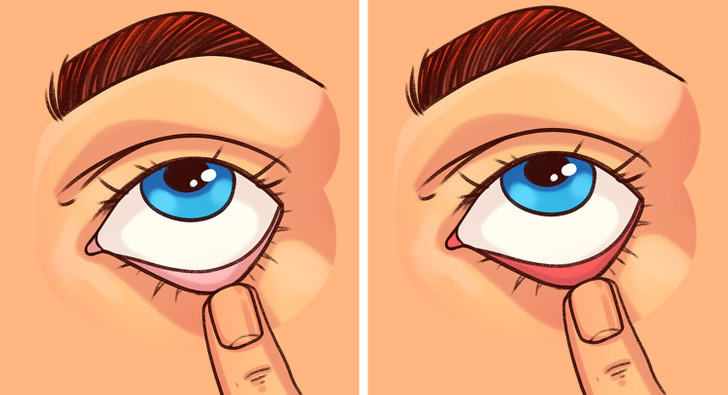
Feeling tired all the time can sometimes be a sign that your body isn’t getting enough oxygen. One possible reason for this is anemia, which happens when there’s not enough hemoglobin in the blood. When that happens, muscles and tissues don’t get the oxygen they need, which can make a person feel weak, low on energy, or short of breath, even with light activity.
In some cases, the lower eyelid may appear pale or slightly yellow instead of a healthy pink, which can be a visual hint of low hemoglobin levels. Along with tiredness, other signs might include looking paler than usual or feeling worn out more quickly than normal.
Remember to always check in with your doctor—and before you head out, take a look at some surprising things your feet might be trying to tell you about your health. We’ve got 9 signs that could reveal more than you think!

